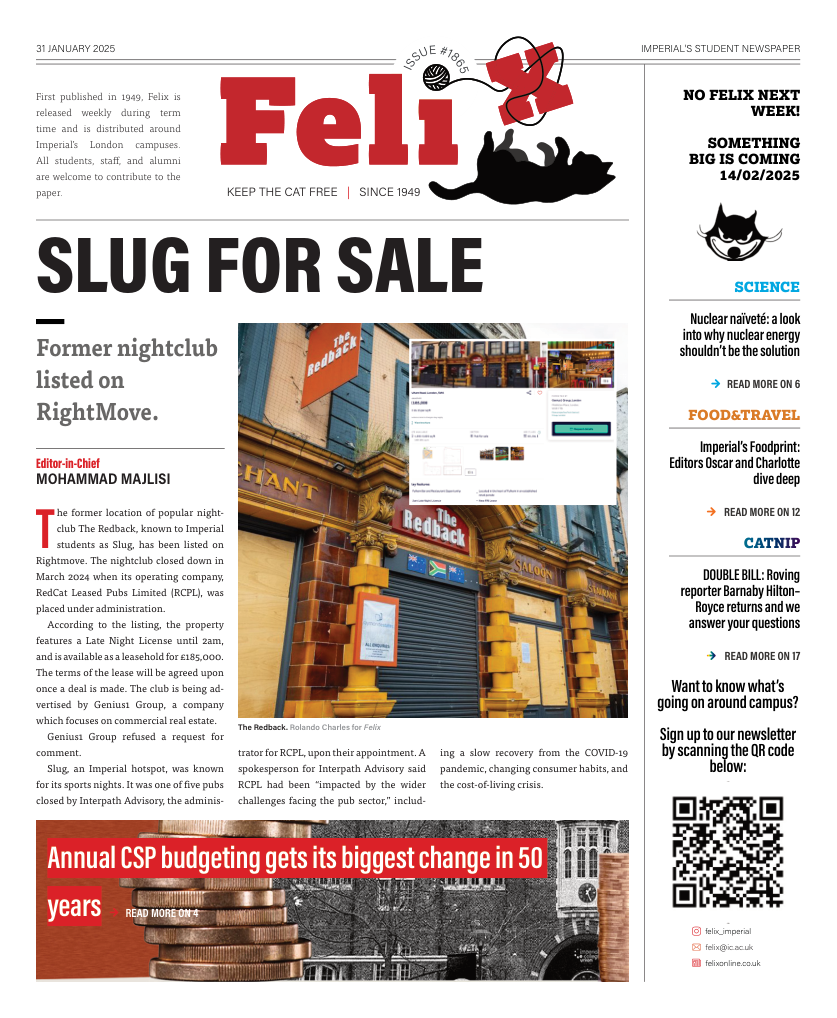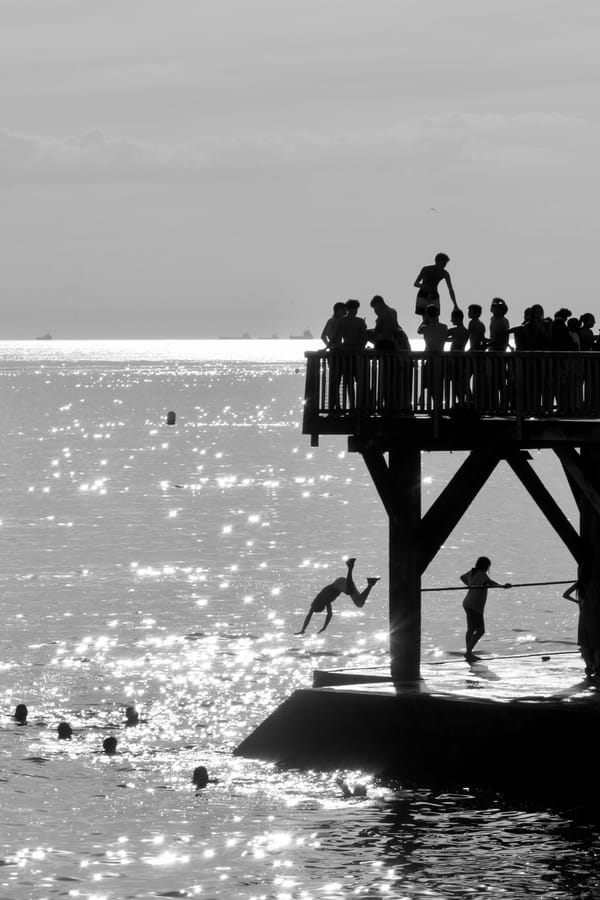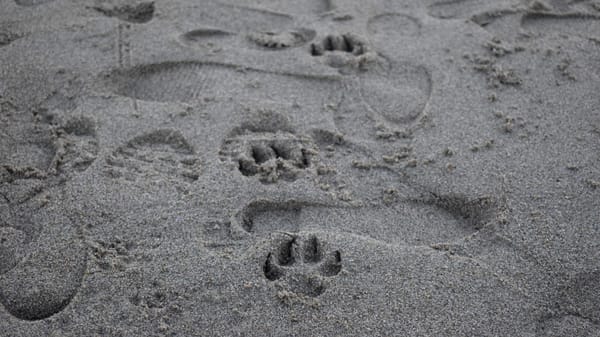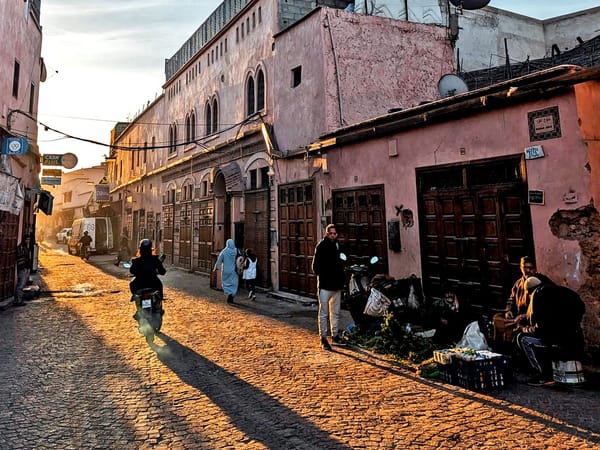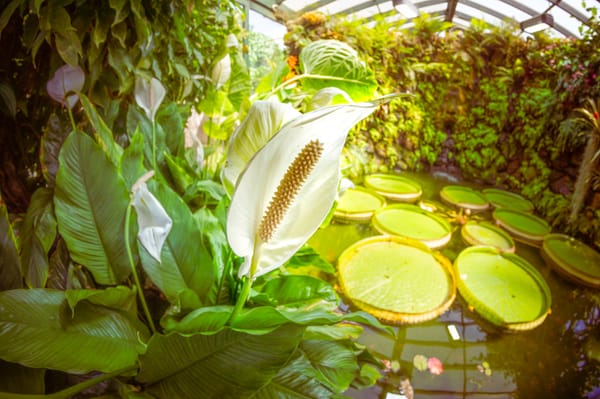How to win the next photography competition
And why this week's has no winner
Themes in a photography competition can be, more often than not, a little boring and uninspired. I have always thought that ‘light’, ‘black and white’ or ‘urban landscapes’ are trite prompts which neither yield original pictures nor foster creativity. As a result, I always strived to give this section some glamour with fan-favourite themes such as ‘Limerence’, ‘City Silence’, ‘A Sensory Experience’ or this week’s theme: ‘Game Theory’.
But first, a little backstory. Surprisingly, a lot of my friends from back home study Economics at university. Less surprisingly so, their friends also study Economics. I recently had the pleasure of visiting them, and had a few heartening conversations, and listened to non-engineering points of view on politeness, moving abroad, the future, and, of course, game theory. I was told about a course called ‘Behavioural Decision Making’ which tackles topics at the intersection of psychology and economics. Naturally, I was inspired to continue the conversation with this week’s theme.
Game theory models the mathematical and logical aspects of strategy. Its two fundamental concepts are competition and cooperation. The former simply emphasises some configuration of conflict in the game: when one player gains an advantage, the other player loses it. Cooperation, on the other hand, shows that actions performed jointly by the players can be advantageous – or disadvantageous – for both.
Another definition used in game theory is a ‘zero-sum game’, in which you cannot have multiple winners or losers, since summing one’s advantages to the others’ losses always gets you zero. Chess is an example of a zero-sum game and hence is fundamentally competitive.
Usually, I am happily surprised by the originality of the submissions and the angle these pictures take on a theme, an angle that I hadn’t considered at all. This week, I received a few chess-related pictures – perfectly suited in the context of ‘game theory’ – yet that failed to grasp the divergent ideas I had for this theme. In a pretentious but expected turn of events, I had originally thought to discuss game theory as applied to life, or on a larger, philosophical scale. I wanted to answer questions like ‘is life a game?’, ‘is it possible to win or lose at life?’, or ‘how much luck or skill do you need?’ through photography.
While the many chess-related submissions are technically great pictures, they seemed to suggest that life itself is also a zero-sum game, implying the impossibility of multiple people ‘winning’ at life. This, in its common interpretation, would mean only a few people could be fully happy and content.
On an admittedly philosophically unrigorous personal basis, I refuse to view life as inherently competitive and would have instead liked to see more nuanced and representative pictures of the fundamental diversity of the strategies of life around us. Movies such as Perfect Days (2023) by Wim Wenders, and Animal (2023) by Sofia Exarchou discuss happiness and life’s struggles in distinct contexts while capturing a range of emotions, unlike the black-and-white, hyper-rational view chess tries to push.
I am sure this article might have been a disappointing read for some, so I propose this picture by Thomas Hoepker (1936-2024) as an example of the possibilities I had envisioned for ‘game theory’. Two boys in rural Portugal (1964) depicts boys from different walks of life, yet both sporting a common smile towards the photographer: a true portrayal of the cooperative, and not competitive, nature of life. Hoepker was a photographer and photojournalist, best known for his infamous picture of 9/11 and portraits of Muhammad Ali. He captured the ups and downs of life through a humanist lens, reporting on the smallpox epidemic in Bihar, India, East Berlin throughout the ‘70s, and the social landscape of New York in the ‘80s. Who better to show the multifaceted game of life – which rarely gives out wins or losses – but more often is a complex concoction of struggle, cooperation, despair, and joy?
I hope this has been a motivator to explore, experiment with your camera, and look for meaning beyond what we are told and what we already believe.


